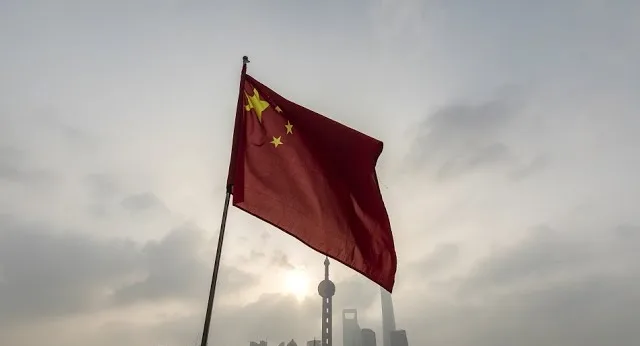The geopolitical tension between the United States and China over Taiwan represents one of the most intricate and potentially volatile theatres of international relations today. In recent months, Beijing’s rhetoric has intensified, warning Washington against its continued military and political support for Taiwan. This follows a series of arms sales, diplomatic engagements, and declarations from the US that emphasize Taiwan’s essential role in maintaining a free and open Indo-Pacific.
Taiwan, officially known as the Republic of China, has been a contentious issue since 1949, following the Chinese Civil War when the victorious Communist Party established the People’s Republic of China on the mainland, while the defeated Nationalists retreated to Taiwan. Although both entities existed separately, Beijing maintains that Taiwan is an integral part of the Chinese territory, a stance rejected by Taipei, which continues to operate as a separate political and economic entity.
In the late 20th and early 21st centuries, Taiwan’s democratization and economic success have only deepened its ties with the West, particularly the United States. The Taiwan Relations Act of 1979, passed by the US Congress, ensured ongoing commercial, cultural, and other relations despite ceasing official diplomatic recognition of Taiwan. This policy set a precedent, allowing Washington to provide Taiwan with defensive resources, a point of continued contention for Beijing.
Embed from Getty ImagesAs China’s economic and military might has grown, it has increasingly pressured countries worldwide to sever official ties with Taiwan. The US, however, continues to affirm its support under various initiatives and policies. For instance, under the Trump administration, the frequency of US Navy transits through the Taiwan Strait increased, signalling a commitment to Taiwan’s de facto security.
Recently, tensions have escalated further with both US and Canadian ships sailing through the Taiwan Strait, interpreted by Beijing as provocative. Meanwhile, Taiwan has been increasing its military readiness, reflecting an acute awareness of the potential threats posed by an assertive China.
The strategic significance of Taiwan cannot be overstated. It lies within critical shipping lanes and is a hub for semiconductor manufacturing, making it essential not just to Chinese aspirations but global supply chains. Any conflict involving Taiwan would have dramatic global economic repercussions.
The US stance has drawn criticism and praise alike. Some see the firm approach as necessary to deter Chinese aggression and maintain balance in the region. However, others warn it could escalate into military conflict, an outcome none of the involved parties necessarily desire. The diplomatic chess game continues, with Taiwan’s future hanging in the balance, dictated by long-standing agreements and emerging power dynamics.
Perspectives
• Perspective 1: From the perspective of international relations experts, maintaining peace and stability in the Taiwan Strait requires a delicate balancing act. Analysts from the Council on Foreign Relations (CFR) and the Brookings Institution emphasize the importance of diplomatic engagement to prevent conflict. They recommend the US continue to support Taiwan’s self-defence capabilities while simultaneously engaging in dialogues with China to reduce misunderstandings and manage rivalries stemming from great power competition.
Sources:
COFR
BROOKINGS
• Perspective 2: Chinese government officials, as noted in statements reported by state media such as The Global Times and China Daily, assert a strong stance that Taiwan’s reunification with mainland China is non-negotiable. They claim that US support for Taiwan undermines China’s sovereignty and accuse Washington of using Taiwan as a strategic pawn to contain China’s rise. Beijing demands the cessation of all military exchanges with Taiwan, interpreting such actions as direct violations of Chinese territorial integrity.
Sources:
CHINA DAILY
• Perspective 3: Taiwanese analysts and government officials, speaking through channels such as the Taipei Times and Taiwan News, advocate for a pragmatic approach that involves strengthening defence capabilities and diplomatic alliances. Emphasizing their wish for a peaceful status quo, they highlight the island’s vibrant democracy and economic prowess as crucial bargaining chips that must be safeguarded against coercive measures. Taiwan’s leadership continues to call for international partnerships while seeking ways to engage constructively with both the US and China.
Sources:
TAIWAN NEWS
